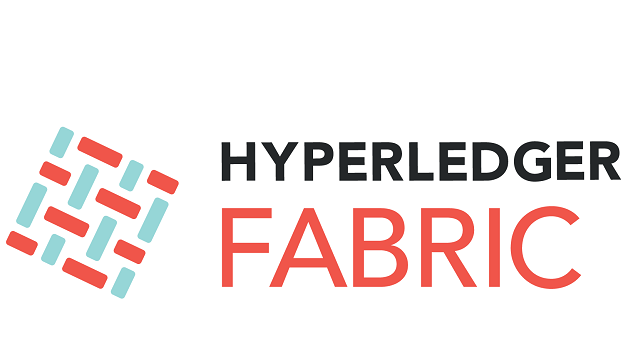If you haven’t already heard about it, Hyperledger is one of the most popular blockchain platforms on the market that industry leaders use, with more than 100 members worldwide. Initiated by the Linux Foundation in 2015, it’s an open-source coalition that combines many blockchain development companies that work together to develop advanced blockchain technologies across various industries. This includes finance, banking, Internet of Things (IoT), supply chains, manufacturing, and technology. According to their website, it promises to bring about an even “broader and more fundamental revolution than blockchain technology,” which we previously explored the benefits of in our post on ‘How Blockchains are Empowering Business?’
Out of the numerous projects under development, Hyperledger Fabric is arguably the most popular due to its privacy features and flexible nature. And because blockchain is already becoming a key fixture in today’s enterprises, also learning about the up-and-coming Hyperledger is even more vital to ensure that you stay one step ahead of your competition. For instance, the list of blockchain learning material on Udemy also includes specialised topics on Hyperledger Fabric, emphasising the synergy between the two frameworks. If you’re willing to learn more about this cutting-edge technology, here’s a basic introduction to Hyperledger Fabric, covering its various benefits:
What is Hyperledger Fabric?
Hyperledger Fabric is an open-source enterprise blockchain project under Hyperledger. Similar to other blockchain networks, it has ledgers, protocols, and smart contracts, ledgers, to help members manage all of their transactions. Lead by IBM, Hyperledger Fabric stands out from other blockchain systems because it is private. In fact, it is mandatory for all the members of the network to log into the system with the aid of a valid membership service provider. Lastly, “it also offers a unique approach to consensus that enables performance at scale”.
Advantages of Hyperledger Fabric
1. Open-source
A major benefit of Fabric is that it’s an open-source platform. This means that it’s free for everyone to use, without any fees and contracts. However, adding more features and personalising it to fit your company’s needs may involve a team of developers or programmers.
2. Ensures privacy
Privacy is a huge priority when it comes to Hyperledger Fabric, which supports memberships that require special permissions. Many sectors such as healthcare and finance have strict data protection regulations, but Hyperledger Fabric keeps the verifiable identities of participants secure and on a need-to-know basis. Private transactions and channels ensure that data is kept safe and not made available to all members of the network.
3. Highly efficient design
The structure of Hyperledger Fabric allegedly allows it to be more efficient compared to other blockchain platforms. This is because every node within it can work on a different function, separating various processes. As a result, the nodes can quickly transact on a large scale without slowing down the system, increasing functionality to its optimum level. Furthermore, the modular design allows for the widespread functionality of the network. Instead of being limited to one algorithm, you can run a variety including one for encryption, another for identity and another for consensus.
The Hyperledger Certified Service Provider (HCSP) program
According to a press release on PR Newswire, The Hyperledger Certified Service Provider (HCSP) program is currently available for Hyperledger Fabric and Hyperledger Sawtooth. It enables service providers from around the world to purchase a “professional certification that ensures each member has the mastery to install, configure, operate, manage and troubleshoot networks built on Hyperledger distributed ledger technologies (DLTs). These certified service providers, in turn, offer support, consulting, professional services and training to enterprises embarking on their blockchain journey.” By successfully completing this program, you’ll join industry giants such as Accenture, Ant Financial, Beijing PeerSafe Technology Co., Chainyard, and IBM, so what are you waiting for?
